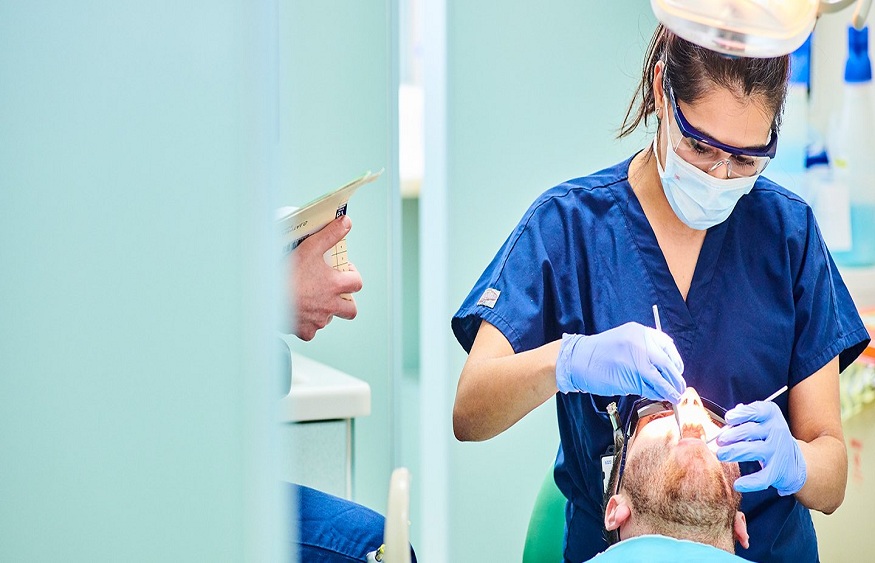
To improve everyone’s access to dental care, the State has developed the “third-party payment” system. In general, patients must pay their consultation fees as well as those that are not reimbursed by health insurance and complementary health insurance. With third-party payment, no fees are advanced in certain cases. We are going to talk about the principle of the third-party dentist payment in this article.
In which situations can third-party payment be used?
You can request a dentist at third-party payment if the care is provided as part of treatment in a public or private health establishment under agreement with health insurance. Patients who have suffered an accident at work or an occupational disease can also benefit from the third-party payer system. The State also provides for the application of third-party payment for care granted to a patient receiving disability support. People eligible for complementary health insurance and assistance with the payment of complementary health insurance can also apply for third-party payment. The same is true for people receiving State Medical Aid (AME).
The conditions for requesting a third-party payment dentist
To be entitled to the third-party payment dentist, you must present your Vitale card. If your carte vitale is not updated, you must provide proof that you are awaiting an update or a definitive registration.
In addition to the vital card, other documents are required, namely a document justifying an accident at work or an occupational disease, a complementary solidarity health certificate, a CMU-C certificate to be recovered from the health insurance fund and a certificate of admission to the AME.
Third-party billing methods
The third-party billing system may vary depending on the patient’s situation. For patients benefiting from full ACS third-party payment, invoicing can be done by teletransmission. The method of payment is configured by an up-to-date invoicing software.
Invoicing with a paper care sheet concerns care related to an accident at work or an occupational disease . In this case, the dentist must send the paper treatment sheet to his patient’s health insurance fund. Before sending the sheet, the dentist must check the AT/MP box if the care provided is related to an accident at work or an occupational disease. Then, you must tick the boxes “the insured has not paid the compulsory part” and “the insured has not paid the additional part”. The attending dentist must indicate the number as well as the date of the industrial accident or occupational disease.
The third-party dentist payment and the fee overrun
It is possible to exceed the fee in exceptional circumstances of time or place following a particular requirement of the patient or a direct agreement. The dentist can also practice a fee overrun if he has a permanent right to overrun. Be that as it may, the dentist must inform the patient beforehand of the reasons for this overrun.

